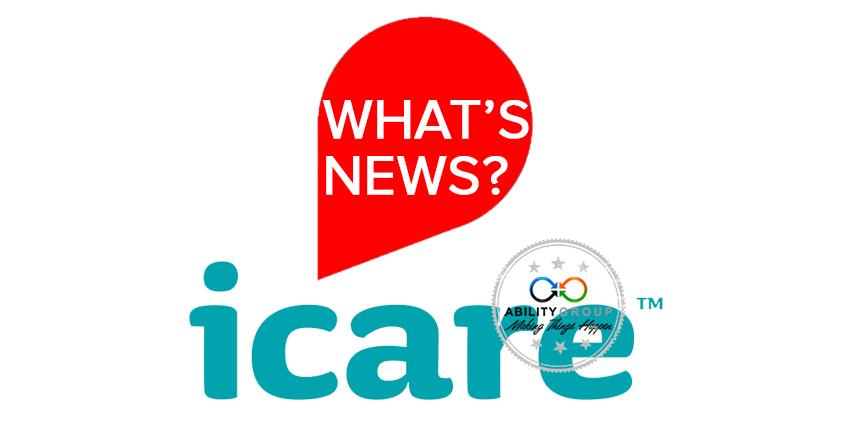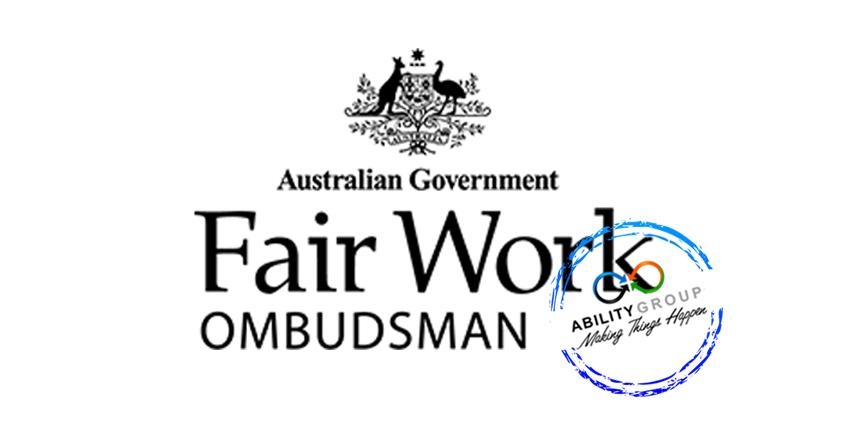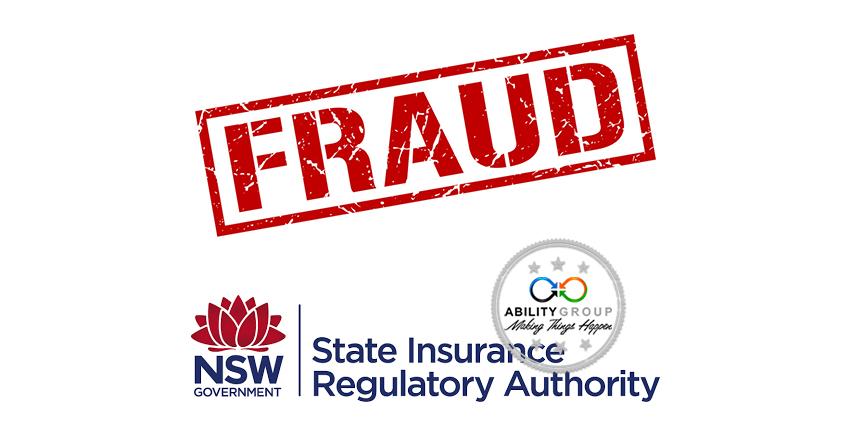
Understanding Workers Compensation Insurance
Workers compensation insurance also protects employers from potential lawsuits related to workplace injuries amongst other aspects.
(more…)
Workers compensation insurance also protects employers from potential lawsuits related to workplace injuries amongst other aspects.
(more…)
Injury management is essential for Australian businesses, helping prevent workplace injuries and manage them effectively when they occur. Investing in strong injury management practices supports a safer, more productive workforce and can reduce workers’ compensation premiums.
Using these best practices helps businesses reduce workplace injuries and manage them more effectively, improving outcomes for everyone.
ABILITY GROUP are Injury Management specialists, offering affordable advisory and outsourced service options to businesses of all sizes across Australia.
Contact our team to discuss your needs or for further information, please refer to the following:
Source: WorkSafe
Title: Injury Management: Making it Work
Read Time:
Source: WorkCover WA
Title: Injury Management: A Guide for Employers
Read Time: 5+ minutes
Source: iCare
Title: Injury Management Plans
Read Time: 5+ minutes

The transition of workers’ compensation policies and claims to new Claims Service Providers (CSPs) has officially begun, marking a significant shift in how support is delivered to employers and injured workers across New South Wales. As an Injury Management specialist, ABILITY GROUP is here to help businesses understand what these changes mean and how to navigate them smoothly.
(more…)
Australia’s workplace landscape has shifted significantly with the introduction of new workplace sexual harassment laws. These reforms impose stronger obligations on employers and underscore the need for proactive, preventive action. For organisations committed to creating safe, respectful, and compliant workplaces, understanding these changes is essential.
(more…)
Workers’ compensation fraud is a growing concern for Australian employers, insurers, and regulators. Fraudulent claims undermine the workers compensation system, drive up premiums, disrupt workplaces, and divert support from genuinely injured workers.
(more…)
Mental health claims are rising across Australia, placing greater pressure on employers, insurers, and workplaces. As awareness grows and psychosocial risks become more widely recognised, organisations are seeing more workers report stress, burnout, bullying, and other psychological injuries. Understanding why mental health claims are increasing and what employers can do about them is essential for maintaining a safe, compliant, and productive workplace.
Several factors are contributing to the rise in mental health?related workers compensation claims:
Greater Awareness and Reduced Stigma
Employees are more willing to speak up about mental health concerns. This shift is positive, but it also means organisations must be prepared to respond appropriately.
Increased Psychosocial Risks
Workload pressures, organisational change, poor communication, remote work challenges, and interpersonal conflict can all contribute to psychological harm if not managed effectively.
Stricter WHS requirements now mandate that employers identify, assess, and control psychosocial hazards. Regulators are placing greater emphasis on mental health, leading to more scrutiny and higher expectations.
Changing Work Environments
Hybrid work, economic uncertainty, and rapid technological change have increased stress levels for many workers. These pressures can escalate into psychological injury if not addressed early.
Rising mental health claims can have significant consequences for organisations, including:
Proactive management is essential to reduce these impacts and support a healthier workforce.
1. Identify and Manage Psychosocial Hazards
Common hazards include excessive workload, poor role clarity, conflict, bullying, and lack of support. Conducting regular risk assessments helps organisations understand and control these risks.
2. Strengthen Leadership Capability
Leaders play a critical role in shaping workplace culture. Training managers to recognise early warning signs, communicate effectively, and support their teams can significantly reduce psychological harm.
3. Promote Early Intervention
Addressing issues early—before they escalate—reduces the likelihood of claims. Encouraging open conversations and providing access to support services can make a meaningful difference.
4. Implement Clear Policies and Processes
Well?defined procedures for performance management, conflict resolution, and reporting concerns help ensure issues are handled fairly and consistently.
5. Foster a Supportive Culture
Regular check?ins, flexible work options, and genuine care for employee wellbeing contribute to a safer, more resilient workplace.
ABILITY GROUP partners with businesses to reduce psychosocial risks and strengthen workplace health and safety. Our team provides:
We help organisations build safer, healthier, and more productive workplaces by addressing the root causes of mental health risks.
The rise in mental health claims highlights the need for proactive, structured, and compassionate approaches to workplace wellbeing. By understanding the drivers of psychological injury and implementing effective controls, employers can protect their people and reduce business risk.
If your organisation needs support managing mental health claims or improving WHS practices, ABILITY GROUP is here to help.
Source: Ceda (Committee for Economic Development of Australia)
Title: Workplace face escalating mental health claims without action
Read time: 2mins